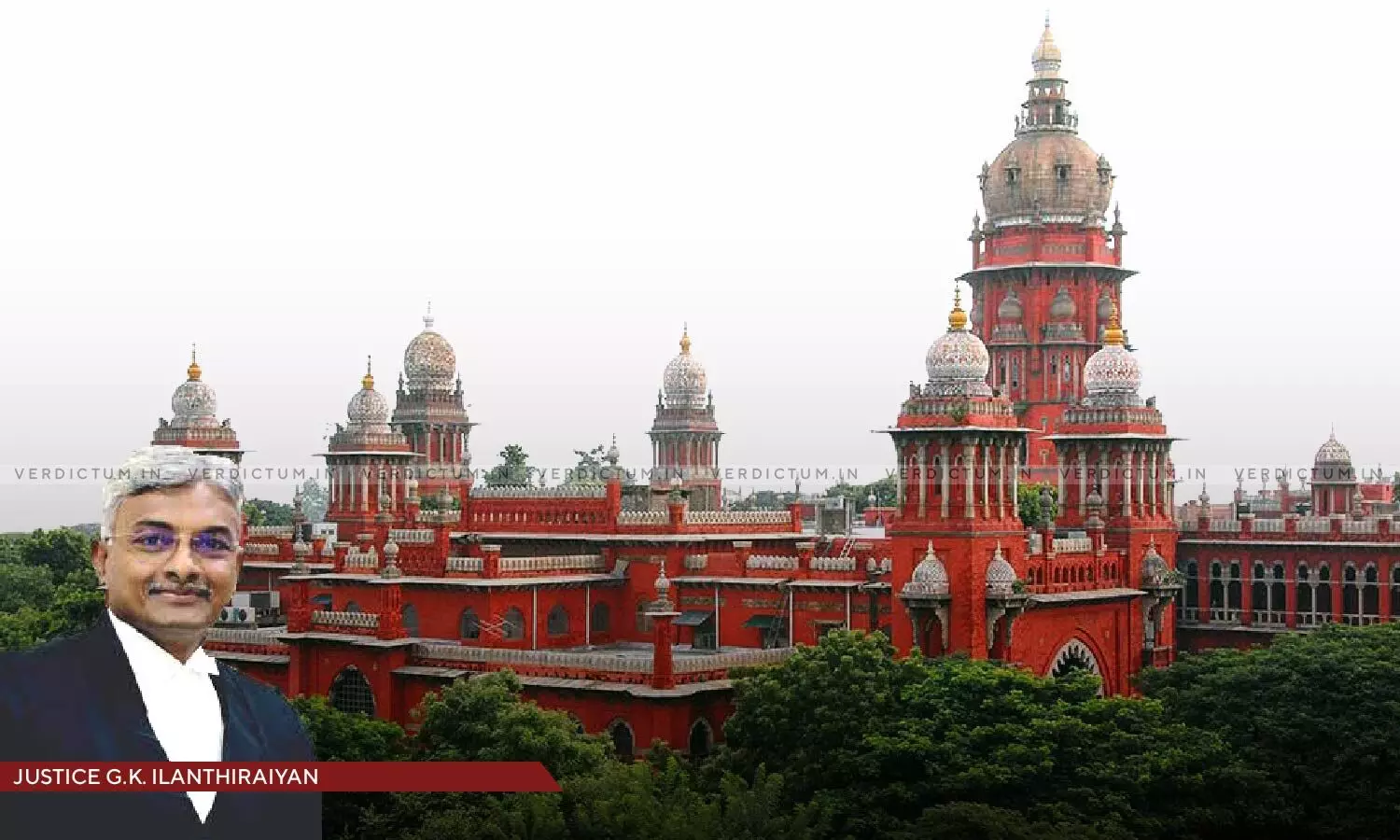
Demand Not Barred By Limitation Under Electricity Act: Madras HC Dismisses Infosys’s Petition Against ₹6.76 Cr Demand By TANGEDCO
 |
|The Madras High Court dismissed the petition preferred by Infosys Limited against the demand of Rs. 6,76,09,540/- by TANGEDCO (Tamil Nadu Generation and Distribution Corporation Limited).
The Court said that such demand is not barred by limitation as per Sub Clause 2 of Section 56 of the Electricity Act.
A Single Bench of Justice G.K. Ilanthiraiyan observed, “… it also cannot be said that the demand made by the respondent barred by limitation as per Sub Clause 2 of Section 56 of the Electricity Act. As per the Tamil Nadu Electricity Regulatory Commission's order No.3 of 2010 dated 31.07.2010, Clause 9.10.4.8, the HT/LT services of information technology enabled services or private communication providers will be charged under HT tariff III or LT tariff V. Accordingly, the different to be collected from the petitioner from April, 2009 to August, 2010 is Rs.2,34,85,411/- under the HT tariff III. For the period from August, 2017 to February, 2024, the different amount to be collected from the petitioner is to the tune of Rs.7,12,51,028/- under HT Tariff III.”
Advocate Jose John represented the petitioner while Senior Counsel P. Wilson and Standing Counsel L. Jaivenkatesh represented the respondent.
Factual Background -
Infosys Limited (petitioner) being engaged in software business had one such software development facility in Chengalpattu providing food courts, gyms, shopping outlets, banking facilities etc. as welfare service to its 16,000 employees working out of its campus. Such facilities were not open to public and outsourced service providers offered services only to the employees on behalf of the petitioner. No rent was collected from any of the service providers and the petitioner did not even charge electricity or water expenses from them. Therefore, there was no commercial operation in the facility and the petitioner was granted high tension service in 2005 and the tariff was fixed.
The petitioner was regularly remitting the electricity consumption charges to the respondent and while being so, it received a notice by the Additional Chief Engineer, TANGEDCO stating that the audit by the Board Office Audit Branch pointed out short assessment of current consumption bill on account of incorrect application of tariff. The petitioner was called upon to pay a sum of Rs. 6,72,95,384/- and it was claimed that as the petitioner also operated Information Technology Enabled Service, it should be charged under HT Tariff III (Commercial) for the period April 2009 to November 2011. In response, the petitioner stated that it was engaged only in software development and that the industrial tariff was correctly applied. The matter was then put to rest and hence, the petitioner understood that its explanation was accepted. However, after more than 8 years, once again the respondent made demand and then it raised high tension bill for December 2020 by adding an amount of Rs. 6,76,09,540/- as adjustment charges.
The High Court in the above context of the case noted, “On perusal of audit enquiry report dated 20.05.2009 revealed that the petitioner is engaged in the activities of software development and also information technology enabled services as certified by MEPZ, Chennai. Based on the Board circular dated 02.02.2008, all the companies engaged in the activities of Information Technology Enabled Services should be billed under the commercial tariff. No separate means was adopted to ascertain the activity of the company and as such the bills were rendered under HT Tariff I Industry based on the certificate issued by MEPZ, Chennai. Hence, in as much as the certificate provides proof of the petitioner being engaged in both software development and Information Technology Enabled Service, within the same premises, and it is appropriate to adopt higher tariff which is the norms, in the case of services engaged in two types of activities, within the same premises.”
The Court added that the respondent ought to have adopted commercial tariff for the petitioner and non-adoption of the same resulted in loss of revenue to the extent of Rs. 4,50,18,325/-. It said that further on perusal of subsequent demand, it was clearly mentioned about the amount due from the petitioner for the amount calculated under the commercial tariff in respect of these service providers.
Accordingly, the Court dismissed the writ petition.
Cause Title- Infosys Limited v. The Superintending Engineer, TANGEDCO, Chengalpattu